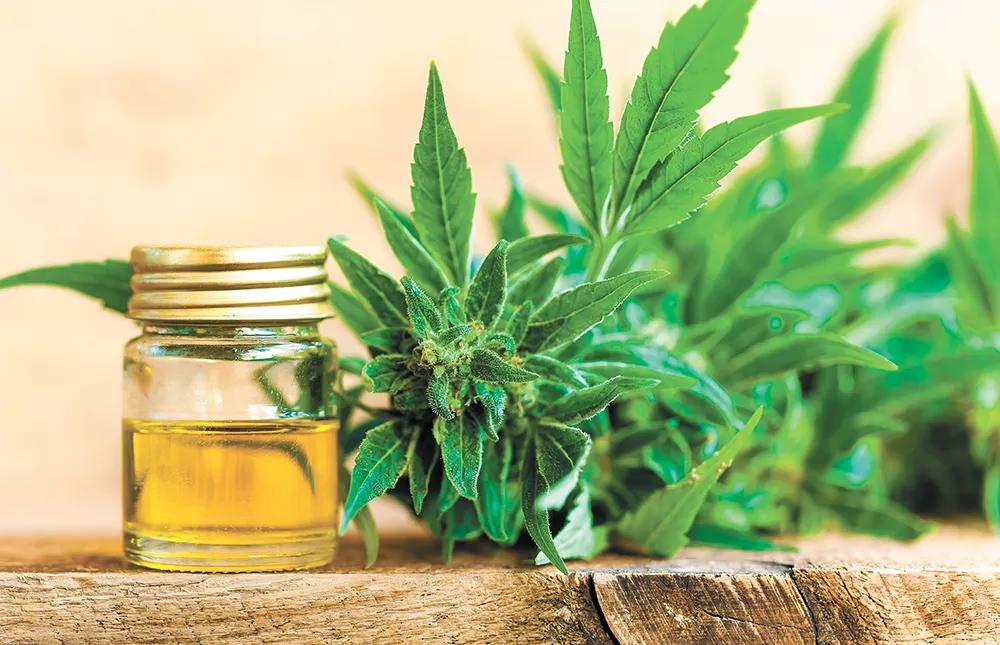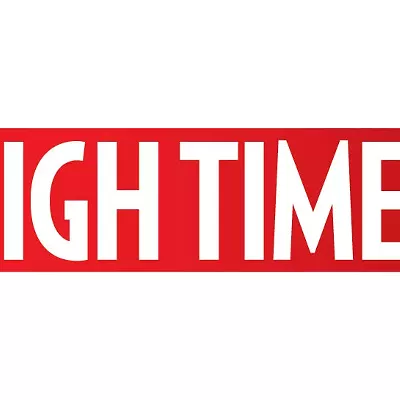Cannabidiol (CBD), marijuana's non-psychoactive compound, was a focal point at the Natural Products Expo West, which hosted 80,000 professionals in Anaheim, California, during the March 8-10 weekend.
A hub for alternative supplements and heralding lesser-known ingredients, the natural products could prove to be the latest marketplace for the ever-growing hemp industry.
"This is the hottest product in the history of natural products," Josh Hendrix, director of business development for extract company CV Sciences Inc., told the expo floor. "And there's an opportunity for retailers to really sink their teeth into this whole hemp category."
Hendrix's speech was a part of a "CBD Summit" within the expo, where organizers and members in the trade community speculated on the ultimate viability of the compound, which many see as the next answer for nutritional and wellness concerns.
The Hemp Business Journal projected the CBD market to hit $646 million by 2022, with the potential overall sales eclipsing $1.9 billion if and when the potential first pharmaceutical CBD drug, Epidiolex, is approved by the FDA.
By focusing on a solution that won't leave you inebriated after using or ingesting, CBD is seen as an answer to addictive sleeping aids and a potential escape for those trapped in the current opioid crisis.
That sentiment is lost on Drug Free America, however. The anti-pot group sent a letter to legislators in legalized states urging them to reconsider the narrative that cannabis could be a useful alternative medicine.
"The marijuana lobby is pushing states to expand medical marijuana access to include opioid use disorders," the letter states. "The evidence that increased access to marijuana has reduced opioid overdose deaths however is weak and short sighted."
The letter cites a National Institute of Drug Abuse study, which found that marijuana users were more than twice as likely to have an opioid-use disorder than non-users and 2.6 times the greater odds of abusing opioids.
But the data contrasts with other major studies that have suggested that cannabis could stunt or lessen the drastic use of prescription painkillers. The American Journal of Public Health found in a study released last year that there was a reduction of .7 opioid overdose deaths per month since Colorado's retail sales legalization from 2014.
Since legalization, the 13 states with at least medicinal marijuana allowances have seen a 33 percent decrease in opiate-related deaths. In 2010, states with legalized medical marijuana saw approximately 1,700 fewer opiate-related overdose deaths. ♦















